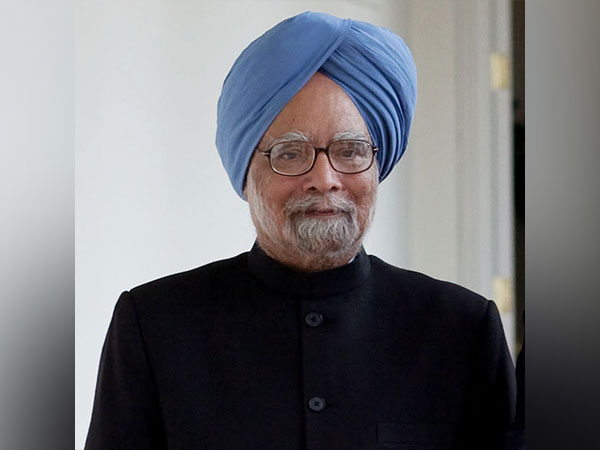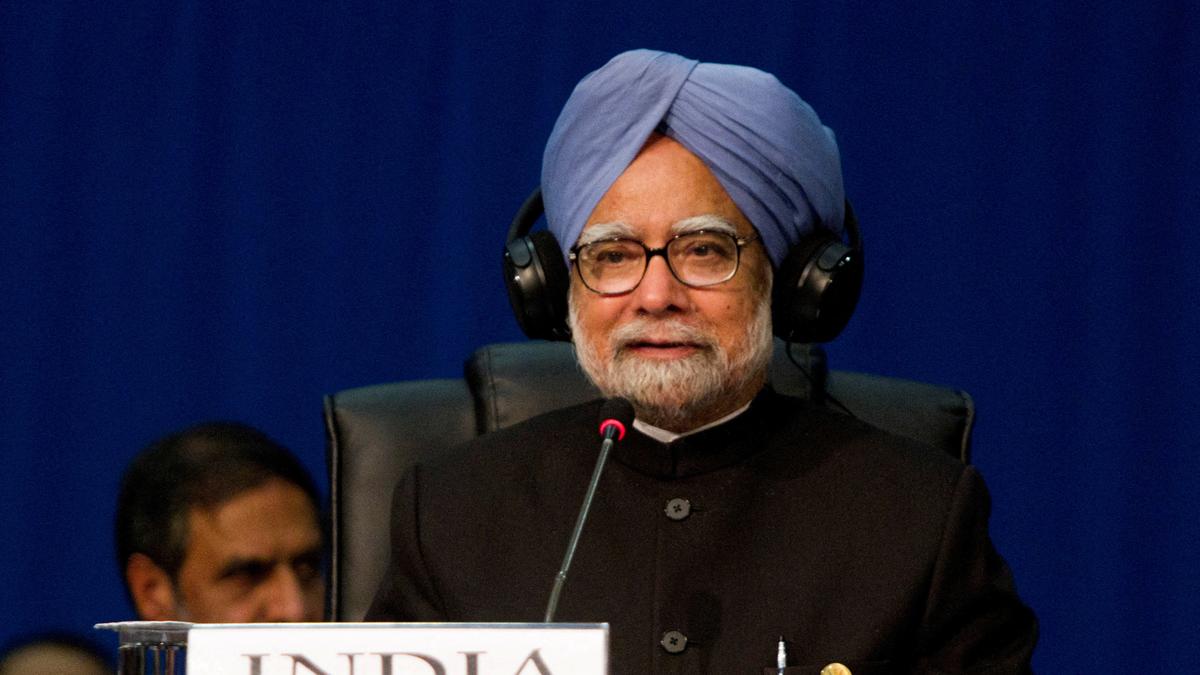Dr. Manmohan Singh: A Legacy of Economic Reforms and Global Leadership
Manmohan Singh, India’s 14th Prime Minister, is widely regarded as one of the country’s most influential political figures. Serving from 2004 to 2014, Singh’s tenure saw numerous pivotal moments in India’s economic and foreign policies. A celebrated economist, Singh is perhaps best known for his instrumental role in India’s 1991 economic liberalization, which set the stage for India’s rise as a global economic powerhouse. Let’s delve into his most significant contributions and the lasting impact of his leadership.
Though his tenure as Prime Minister was highly notable, Manmohan Singh’s most profound legacy is rooted in his earlier work as the Finance Minister during India’s economic crisis in 1991. At a time when India faced severe balance-of-payments problems, a looming fiscal deficit, and an unsustainable foreign debt, Singh’s policy recommendations steered India away from an impending collapse.
Singh, alongside then-Prime Minister Narasimha Rao, implemented a series of bold reforms that transformed India’s economic landscape. These reforms included reducing trade barriers, devaluing the rupee, and dismantling the License Raj system, which had hindered industrial growth for decades. Singh’s efforts introduced India to the global economy, paving the way for foreign investments and economic expansion.
During his two terms as Prime Minister, Manmohan Singh continued his vision of fostering economic growth. Under his leadership, India saw one of its most prosperous decades, with consistent GDP growth rates hovering around 8-9%. Singh’s governance ensured that the benefits of growth were widespread, even though challenges such as poverty, unemployment, and inflation persisted.

One of the notable achievements of his second term was the implementation of the National Rural Employment Guarantee Act (NREGA), a landmark initiative aimed at providing 100 days of wage employment to rural households. This program played a critical role in improving the living standards of millions of rural Indians, reducing poverty, and providing a safety net for the country’s most vulnerable populations.
Manmohan Singh’s tenure as Prime Minister was marked by his skillful diplomacy and efforts to position India as a key global player. He maintained India’s traditional non-aligned stance while also fostering stronger ties with major world powers.
One of his most significant foreign policy achievements was the 2008 Indo-US Nuclear Deal. This agreement, which ended India’s nuclear isolation, allowed India to engage in peaceful nuclear trade and access advanced technology, despite not being a signatory to the Nuclear Non-Proliferation Treaty (NPT). Singh’s handling of the deal was a testament to his pragmatic approach in balancing national security concerns with economic needs.
Additionally, Singh played a key role in enhancing India’s relations with neighboring countries, including Pakistan and China. While tensions with Pakistan remained a challenge, Singh’s calm and calculated diplomacy helped prevent major escalations. He also fostered stronger economic ties with China, positioning India as a leader in Asia’s economic and political future.
While Manmohan Singh’s economic policies were primarily focused on growth, he did not neglect the social sectors. His government introduced several ambitious programs aimed at reducing poverty and improving healthcare, education, and social infrastructure.
One of the most impactful programs was the Right to Education Act (2009), which guaranteed free and compulsory education for all children aged 6 to 14. This landmark legislation addressed India’s long-standing issues with illiteracy and created a more equitable education system. Singh also championed the National Food Security Act (2013), which aimed to provide subsidized food to two-thirds of India’s population, ensuring that millions of families had access to nutrition.
Manmohan Singh was also a strong advocate for improving financial inclusion in India. His government took steps to ensure that the poor had access to banking services, with the establishment of financial inclusion schemes. The Pradhan Mantri Jan Dhan Yojana launched in 2014, which came towards the end of his tenure, is a notable example, aiming to provide every Indian with a bank account.
In addition, Singh’s administration took steps to modernize India’s digital infrastructure, laying the groundwork for India’s future in digital finance and governance.
While Manmohan Singh’s leadership was marked by significant achievements, his tenure was not without its challenges. His administration faced criticism for being perceived as a government of “backroom” decisions, with critics arguing that Singh was too passive in handling political crises and corruption scandals, notably the 2G Spectrum Scam and Coal Gate. The allegations of corruption during his time in office dampened his legacy in the eyes of some, despite no direct links to his involvement.
Source: https://www.thehindu.com/news/national/manmohan-singh-economist-turned-prime-minister-legacy/article69032554.ece
https://timesofindia.indiatimes.com/india/manmohan-singhs-demise-the-phone-call-that-changed-a-nation/articleshow/116696430.cms





